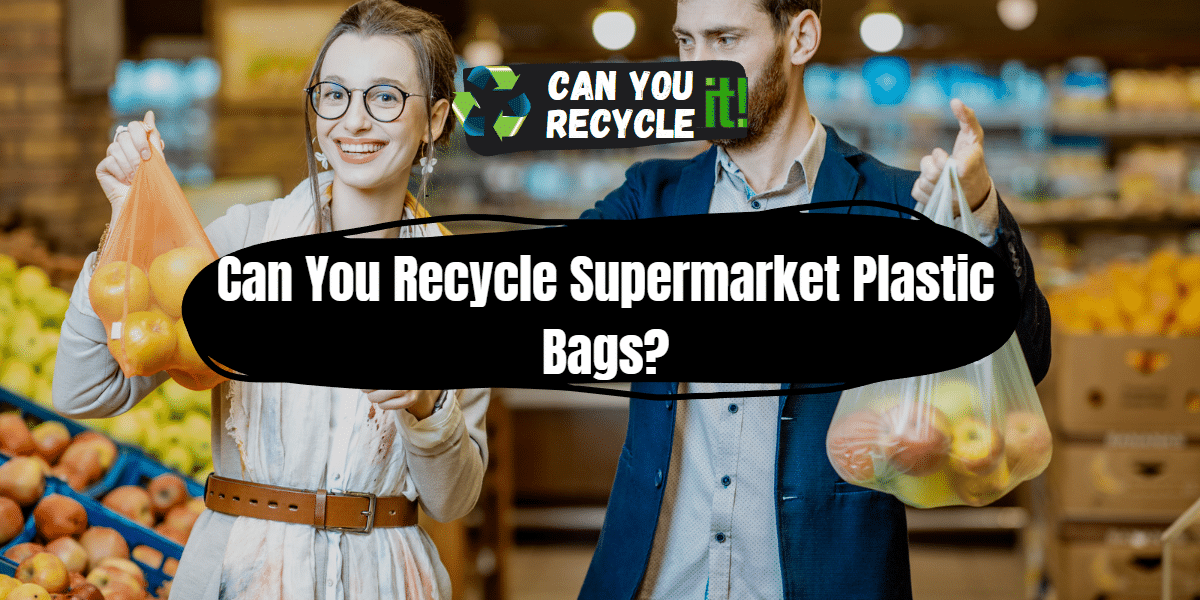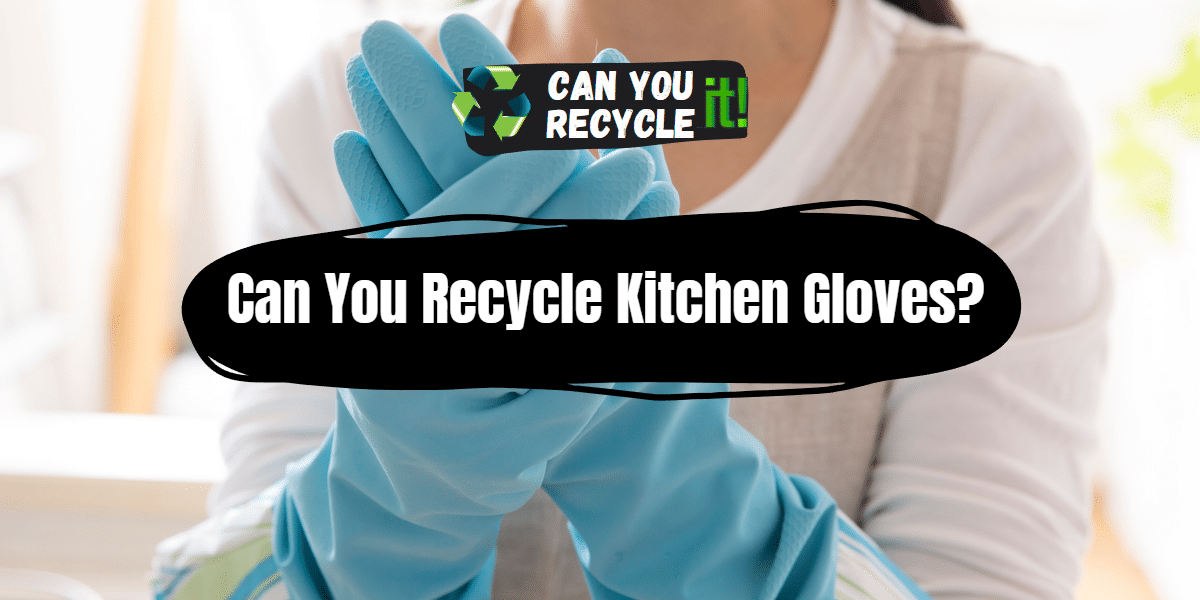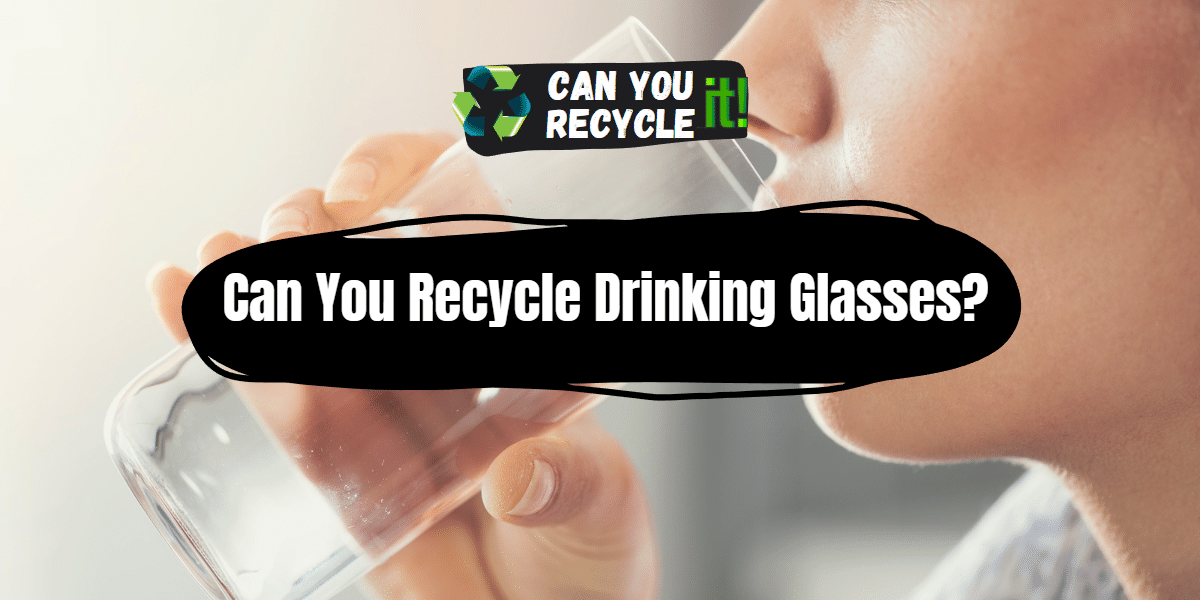Yes. However, it’s essential to follow specific guidelines to ensure proper recycling and minimize negative consequences for the environment. Supermarket plastic bags are typically made from high-density polyethylene (HDPE), a plastic type that is recyclable.
Supermarket plastic bags have long been a common sight in our daily lives, but their environmental impact has raised concerns worldwide. As more people become conscious of the need to reduce waste and protect the planet, recycling has emerged as a popular solution.
In this article, we will explore whether you can recycle supermarket plastic bags, provide dos and don’ts for their proper recycling, present a 5-step guide to recycling them, suggest alternative uses for non-recyclable bags, discuss the environmental impact of recycling, address frequently asked questions, and offer final thoughts on this critical topic.
Table of Contents
Do’s and Don’ts
To effectively recycle supermarket plastic bags, it is crucial to follow these dos and don’ts:
Dos
- Clean the bags: Before recycling, ensure that the bags are clean and free of any residue, such as food or liquids.
- Check for recycling symbols: Look for the recycling symbols on the bags, typically represented by a chasing arrows symbol with a number 2 inside, indicating HDPE.
- Consolidate the bags: Gather multiple bags together, preferably into one more giant bag, to make the recycling process more efficient.
- Find the right recycling program: Contact your local recycling center or municipality to learn about their specific guidelines for recycling supermarket plastic bags.
Don’ts
- Throw bags in regular recycling bins: Supermarket plastic bags should not be placed in regular recycling bins as they can cause issues during the recycling process.
- Include non-recyclable items: Avoid mixing supermarket plastic bags with other non-recyclable materials, such as food waste or other plastics.
- Wrap or bundle bags with other materials: Do not bundle supermarket plastic bags with other items like newspapers or magazines, as this can impede the recycling process.
5-Step Guide to Recycle Supermarket Plastic Bags
Follow these simple steps to recycle supermarket plastic bags effectively:
Step 1
Collect the bags: Gather all the supermarket plastic bags you wish to recycle.
Step 2
Check for cleanliness: Ensure the bags are free from any food residue or liquids by giving them a quick rinse.
Step 3
Consolidate the bags: Place all the bags into one more giant bag, minimizing their impact on recycling.
Step 4
Find a drop-off location: Locate a designated drop-off point for supermarket plastic bags. This can often be found at supermarkets, grocery stores, or recycling centers.
Step 5
Deposit the bags: Take your consolidated bag of supermarket plastic bags to the drop-off location and deposit them into the designated recycling container.
By following these steps, you contribute to the proper recycling of supermarket plastic bags and help reduce their environmental impact.
What to Do With Supermarket Plastic Bags That Cannot Be Recycled
While recycling is the preferred method for dealing with supermarket plastic bags, there are instances when recycling is not possible. In such cases, consider alternative uses for these bags to minimize waste:
- Reuse for shopping: Keep a stash of reusable supermarket bags and take them with you when you go shopping. This reduces the need for additional plastic bags.
- Donate to charity: Many charitable organizations welcome donations of clean plastic bags to package items or distribute goods to those in need.
- Use as trash liners: Repurpose the bags as liners for small trash cans or waste baskets, reducing the need for new plastic bags.
- Craft projects: Get creative and use the bags for various craft projects, such as weaving, knitting, or making rugs or mats.
By exploring alternative uses for non-recyclable supermarket plastic bags, you can extend their lifespan and minimize their impact on the environment.
Environmental Impact of Recycling Supermarket Plastic Bags
- Reduced Plastic Waste: By recycling supermarket plastic bags, we can significantly reduce the amount of plastic waste that ends up in landfills or pollutes our environment. This helps prevent the negative consequences of plastic pollution on wildlife, ecosystems, and human health.
- Conservation of Resources: Recycling supermarket plastic bags conserves valuable resources like energy and raw materials. Instead of producing new plastic from scratch, recycling allows us to reuse and repurpose existing plastic, minimizing the need for extraction and manufacturing processes that contribute to environmental degradation.
- Greenhouse Gas Emission Reduction: Recycling plastic bags helps mitigate greenhouse gas emissions associated with plastic production. Manufacturing new plastic requires energy, primarily derived from fossil fuels, which release greenhouse gases into the atmosphere. Recycling decreases the demand for new plastic and lowers carbon emissions.
- Promotion of Circular Economy: Recycling supermarket plastic bags supports the concept of a circular economy. Instead of the linear “take-make-dispose” model, recycling allows the plastic to be reintroduced into the production cycle, reducing the reliance on virgin materials and promoting a more sustainable approach to resource management.
- Preservation of Natural Resources: The recycling of supermarket plastic bags contributes to the conservation of natural resources like oil and gas. These resources are non-renewable and finite, and by recycling plastic, we extend their availability for future generations while reducing the ecological footprint associated with their extraction.
Recycling supermarket plastic bags not only benefits the environment but also fosters a more sustainable and responsible society. By actively participating in recycling initiatives and supporting programs that promote proper plastic waste management, we can collectively make a positive impact on our planet’s well-being.
FAQs for Can You Recycle Supermarket Plastic Bags
Are all supermarket plastic bags recyclable?
No, not all supermarket plastic bags are recyclable. It is essential to look for the recycling symbols or check with your local recycling center to determine whether they can be recycled.
Can I recycle plastic bags with other recyclables?
It is generally not recommended to mix plastic bags with other recyclables. Many recycling centers have separate collection systems for plastic bags to ensure their proper processing.
Why is it important to clean plastic bags before recycling?
Cleaning plastic bags before recycling helps prevent contamination and ensures a higher quality of recycled material. It also prevents unpleasant odors and keeps the recycling process more hygienic.
Can I recycle bags with tears or holes?
While bags with minor tears or holes can still be recycled, it is best to check with your local recycling center. More giant tears or significant damage may hinder the recycling process.
Conclusion 💭
Recycling supermarket plastic bags is an important step toward reducing waste and protecting the environment. We can make a positive impact by adhering to the dos and don’ts of recycling, following the 5-step guide, and finding alternative uses for non-recyclable bags.
Remember, every effort counts in preserving our planet for future generations. So, the next time you have supermarket plastic bags in your hands, consider the possibilities of recycling or reusing them. Together, we can create a sustainable and cleaner world.





Leave a Reply